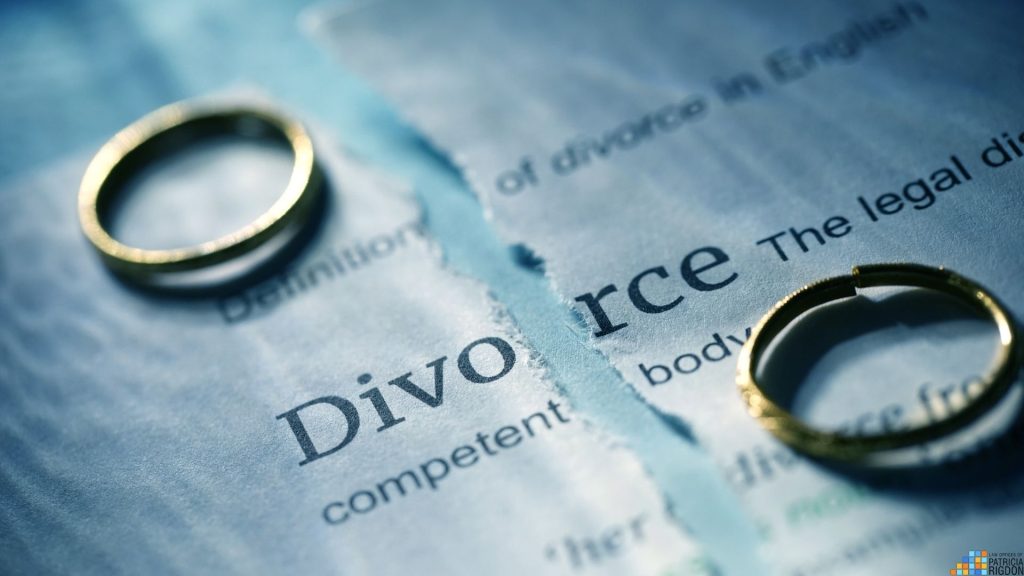PASADENA COLLABORATIVE DIVORCE LAWYER
Pasadena Divorce Collaboration Attorney
What is a collaborative divorce?
Collaborative divorce is a voluntary process that offers couples a no court divorce designed to meet the needs of their family. A supportive team of attorneys and other divorce professionals help families move safely and respectfully through the divorce process. Each party and their Pasadena divorce attorney sign an agreement stating the parties intend to use their best efforts to resolve all issues and will not go to court. The collaborative process gives parties the freedom to explore solutions that are best for their family as they work to resolve difficult issues related to parenting and the division of assets and debts.
During a collaborative divorce, parties work with specially trained attorneys, mental health coaches, financial specialists and other professionals. The needs of each party and their children are taken into consideration as agreements are fashioned. A collaborative divorce allows parties to control the process to make it fit their family, rather than fitting their family into the rules and requirements of an impersonal court system.

A collaborative divorce is different than litigation because you do not ask a judge to make decisions about your family and finances. Instead, a team of professionals helps the parties negotiate a resolution themselves. Collaborative divorce is also different from mediation because instead of having one neutral person facilitate the process, each party has the support of their own attorney and coach, along with a neutral financial specialist.
As with most litigation alternatives, a collaborative divorce will only succeed if both parties agree to participate in the collaborative process. Both parties must agree that they will not pursue litigation or threaten to pursue litigation. Parties must be willing to work to reach a settlement that is in everyone’s best interest.
What's the process of a collaborative law divorce?
- Finding an Attorney
A collaborative divorce requires that the clients each select an attorney who has received training in the collaborative process. Most collaboratively trained attorneys belong to local practice groups and state-wide organizations that promote the practice of collaborative law and continuing education in this field. Patricia is a founding member of Pasadena Collaborative Divorce and also belongs to the Los Angeles Collaborative Family Law Association and Collaborative Practice of California. Your family law attorney will help you assemble a team of professionals who also have been trained in the collaborative process and are experienced in supporting divorcing families.
- No Court Agreement
It is important to note that once lawyers are selected, the parties and lawyers must sign a “no court” agreement. Among other things, this agreement states that the parties will not litigate the divorce. If one of the parties chooses to litigate, then the collaborative process ends, as well as the representation of the lawyers selected. The collaborative lawyers are not permitted to represent their clients in court.
- Experts
In addition to attorneys, the collaborative divorce team is also made up of two divorce coaches. A divorce coach must be a collaboratively trained, licensed therapist. Generally, the less skilled a couple is at communicating and regulating their emotions, the more support they need to manage their emotions as they negotiate issues related to support, finances and the needs of their children. The use of coaches in the divorce process can make the difference between success and failure as couples make life changing decisions. Divorce coaches provide critical emotional support to each party as they end their marriage.
Neutral financial specialists are an important part of the collaborative team as well. The financial specialist is usually a collaboratively trained CPA jointly retained by the parties. The financial specialist meets with both parties to understand the family finances and assist the parties and their attorneys in dividing assets and debts and making support orders.
If there are children involved, then a Child/Adult Child Specialist may be involved to present the children’s voice in the process. Even if there are adult children, a specialist can still be selected based on the Coaches’ recommendation to ensure that adult children aren’t being pulled into the divorce by parents who want to use them as allies or to communicate with the other party. The Child/Adult Child Specialist is a neutral mental health professional who provides the child’s voice when resolving custody and visitation matters for younger children and teenagers.
Other professionals may be included depending on the couple’s needs. The parties mutually agree on how the costs related to the divorce will be paid.
- Disclosure
There are no secrets in a collaborative divorce. There must be completed disclosure by both sides to reach a resolution. All material and relevant documents are shared between the parties.
- Finalizing the Divorce
Once all issues are finalized, you still must file your divorce papers and settlement agreement with the court. However, because you have already gone through the collaborative law divorce and agreed on all the terms of your divorce, this filing will be simple and uncontested.
An experienced advocate by your side

If you are considering a divorce from your spouse, experienced family law attorney Patricia Rigdon can help. Patricia practices entirely in the area of family law. She has received significant training in the area of collaborative law and is a member of Pasadena Collaborative Divorce and other collaborative organizations. Patricia has successfully helped many clients come to mutually satisfactory agreements without the stress of litigation through the collaborative process.
To set up a consultation, call our office today.
IS A COLLABORATIVE DIVORCE RIGHT FOR YOU?
The mediation process provides a more peaceful alternative to fighting about your personal issues in court. Read more to see if divorce mediation is right for you.
Collaboration brings attorneys, mental health professionals & accountants together to resolve family issues without going to court. Read more to see if a Collaborative Divorce is right for you.
Litigation in the divorce process involves submitting issues to family court in order to resolve them with the assistance of a judge, if both parties cannot reach an agreement in other ways. Read more to see if Divorce Litigation will be needed.


